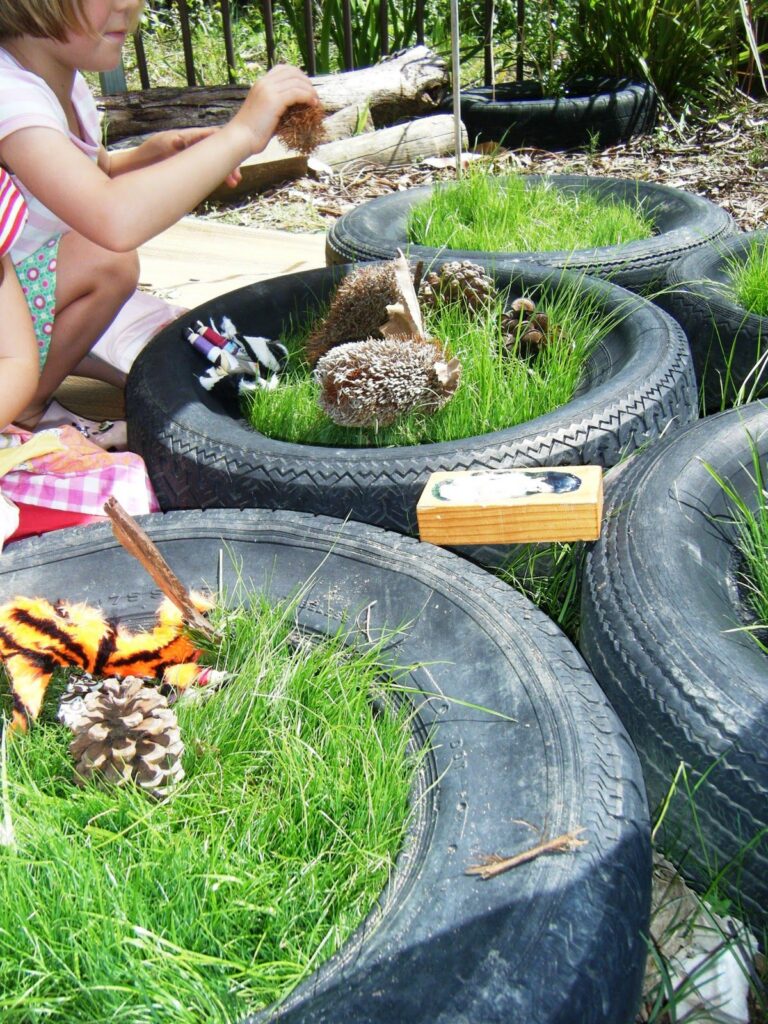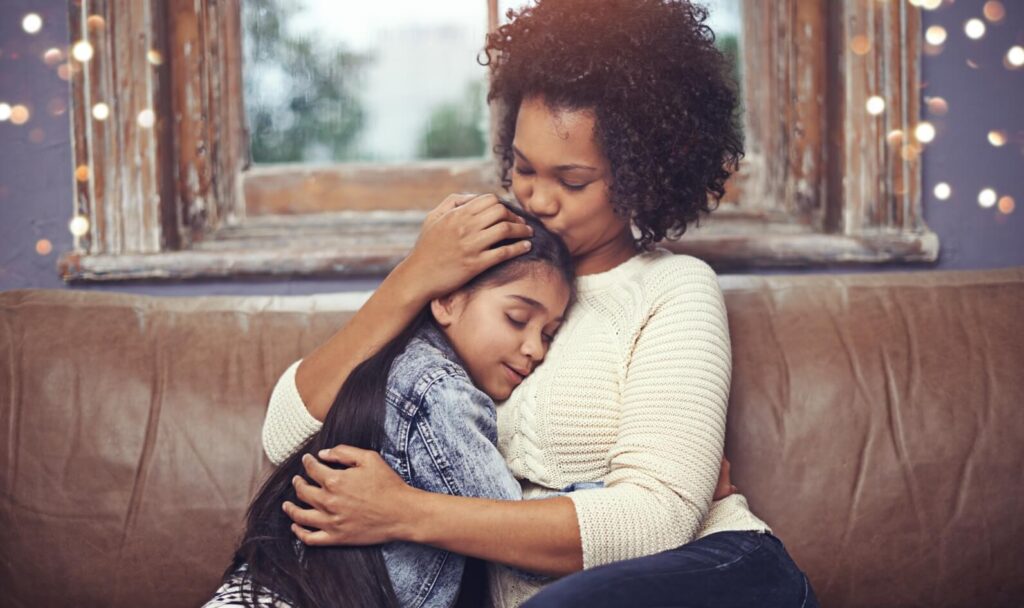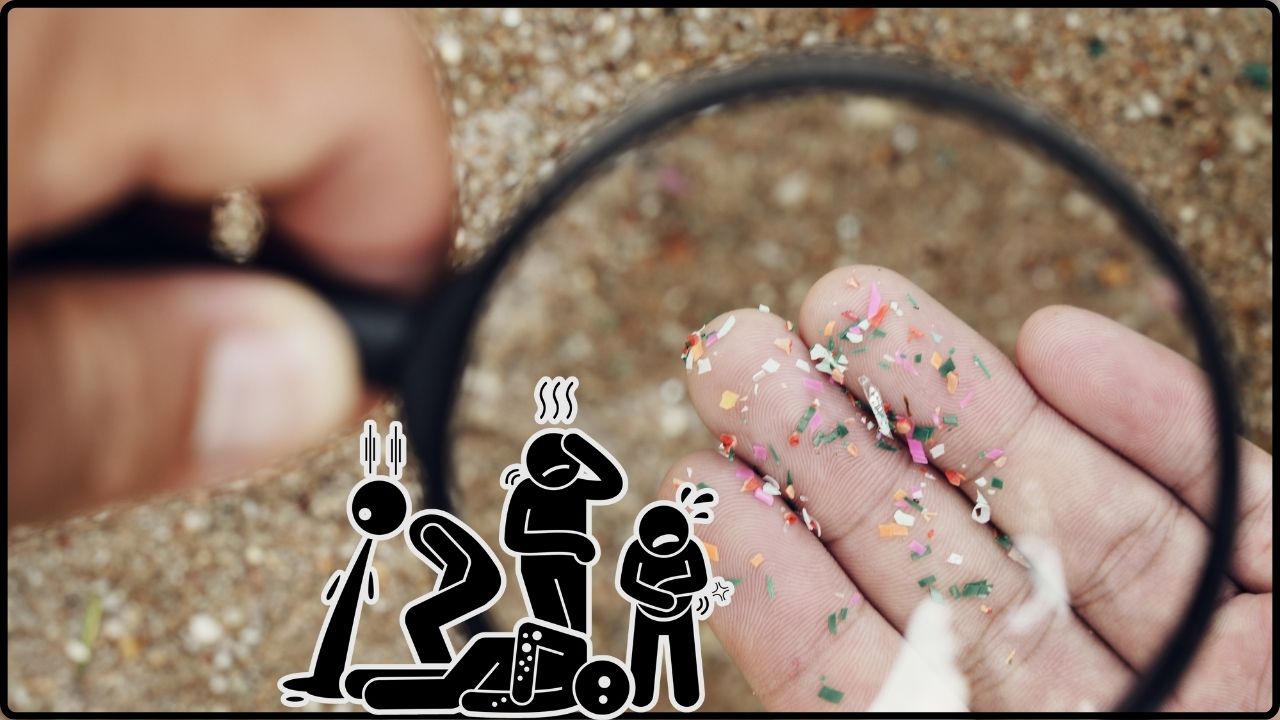
Researchers Found These 7 Parenting Habits in Every One of Their Homes: After studying 200 kids, researchers noticed something unexpected: no matter where the families lived, how much money they made, or how many parenting books they’d read, there were seven powerful habits that showed up in every single home where kids were emotionally thriving.
These weren’t flashy or expensive strategies. Instead, they were simple, intentional ways of connecting that made all the difference. These parenting habits helped children grow up with stronger emotional intelligence (EQ), better behavior, and long-lasting confidence. Let’s break down what those habits are, why they work, and how you can easily start practicing them—even if your days are messy and loud (because whose aren’t?).
Researchers Found These 7 Parenting Habits in Every One of Their Homes
There’s no one-size-fits-all parenting formula. But after observing 200 emotionally thriving kids, researchers discovered one powerful truth: connection, respect, and emotional presence are what matter most. These seven simple parenting habits can be practiced by anyone—no matter how tired, overwhelmed, or new to parenting you may feel. When we slow down, validate feelings, model the behavior we want to see, and trust our kids to grow, they do. Every child deserves that kind of environment—and every parent can create it.
| Topic | Key Takeaways |
|---|---|
| Study Scope | 200 families with children aged 4–12 observed in real home environments |
| Common Pattern | 7 recurring parenting behaviors linked to better emotional development |
| Benefits for Children | Higher EQ, stronger self-regulation, resilience, social confidence |
| Age Range Effectiveness | Habits apply from toddlerhood to teen years |
| Long-Term Impact | Supports school success, peer relationships, and adult mental health |
| Source for Professionals | American Psychological Association |
Why Emotional Habits Matter More Than Ever?
Today’s children are growing up in a hyperconnected, overstimulated, and often emotionally overwhelming world. According to the CDC, childhood anxiety and depression rates have more than doubled in the last decade. At the same time, emotional regulation skills are increasingly linked to academic success, leadership abilities, and life satisfaction.
In fact, a study from the Yale Center for Emotional Intelligence found that students with high EQ are:
- More likely to graduate high school and college
- Less likely to abuse substances or develop conduct disorders
- More likely to form healthy friendships and romantic relationships
This all boils down to a core truth: emotionally aware, securely attached kids become confident, capable adults. And that starts at home—with what parents do every single day.

Researchers Found These 7 Parenting Habits in Every One of Their Homes
1. Sitting in Silence During Emotional Moments
Parents didn’t rush in to fix their child’s meltdown. They simply sat with them—sometimes holding them, sometimes not saying anything at all. This act of stillness created a safe emotional container, teaching kids that big feelings are okay and manageable.
In one example, a 6-year-old boy was upset after losing a game. Instead of saying, “It’s just a game!” his mom sat next to him and quietly rubbed his back. No fixing. No scolding. Eventually, he said, “I’m just really disappointed.” That kind of emotional honesty only shows up when kids feel seen and safe.
Practice tip: The next time your child is upset, resist the urge to lecture or distract. Just be present. Let the emotion pass, and stay connected.
2. Teaching Kids to Name Their Emotions
Parents in the study helped their kids label feelings, which is essential for self-regulation. A 4-year-old who knows the word “frustrated” is less likely to hit or scream. The more words kids have for emotions, the less likely they are to act out.
Psychologist Dr. Lisa Feldman Barrett explains that naming feelings helps reduce the brain’s threat response. When a child says “I’m nervous,” their body begins calming down.
Practice tip: Use everyday moments to build an emotion vocabulary. “You seem excited!” or “That sounds frustrating” are simple starters.
3. Modeling Apologies and Manners—Without Forcing Them
None of the parents forced their child to say “sorry” or “thank you.” Instead, they modeled it. They would say things like, “I’m sorry I snapped earlier. I was stressed.” Over time, kids imitated those behaviors naturally.
This also builds empathy. Children learn that apologies aren’t about power—they’re about acknowledging feelings.
Practice tip: Next time you’re rude or impatient, apologize out loud. “I didn’t mean to sound that way. I’m sorry.” Let your kids see that being accountable is normal.
4. Leading by Example, Not Constant Correction
Instead of over-correcting, these parents showed kids how to behave by being the behavior. If they wanted calm, they modeled calm. If they wanted honesty, they were honest—even when it was hard.
This aligns with research from the Child Mind Institute, which confirms that children learn best from watching, not from being told.
Practice tip: Think about your own behavior during stressful times. Are you modeling what you want to see?
5. Validating Even Small Feelings
Many adults are quick to brush off a child’s “little” problems. But in every home studied, parents took all emotions seriously, no matter how small. A 3-year-old crying over a broken popsicle was met with, “That’s really disappointing. You were excited about that.”
Validation doesn’t mean agreeing. It means recognizing that the emotion is real. When children feel validated, they’re more likely to develop emotional resilience and openness.
Practice tip: Next time your child has a big reaction to a small issue, respond with, “That makes sense,” before redirecting or problem-solving.

6. Encouraging Kids to Solve Their Own Problems
Rather than stepping in immediately, parents gave kids the space to think. When a child argued with a sibling or lost a toy, they were asked, “What do you think we should do?”
This kind of problem-solving builds executive function and confidence. According to Harvard University’s Center on the Developing Child, these skills are foundational for decision-making, academic success, and self-control.
Practice tip: Instead of giving answers, try asking questions: “How would you fix that?” or “What are your options?”
7. Making Space for Boredom
Parents weren’t constantly entertaining their kids. In fact, they encouraged boredom. When a child said, “I’m bored,” these parents replied, “I trust you’ll think of something.”
Why? Because boredom leads to creativity. Multiple studies have shown that unstructured time builds imagination, focus, and emotional regulation—especially in younger children.
Practice tip: Block out 30–60 minutes a day for tech-free, unstructured time. Don’t fill the space. Let them learn to navigate it.
The Science Behind These Habits
These 7 habits aren’t random—they’re backed by decades of child development research:
- Validation and co-regulation help children form secure attachments, which predict lifelong emotional stability. (Attachment Theory – Bowlby, Ainsworth)
- Emotion labeling is linked to better behavior and academic performance. (Yale Child Study Center, 2018)
- Problem-solving and modeling behavior are core aspects of authoritative parenting, the most effective parenting style according to the APA.
These practices are easy to overlook in the busyness of modern life. But done consistently, they make a profound difference in how kids see themselves and relate to the world.
3 Alarming Signs Your “One-Time” Purchases Are Secretly Becoming a Spending Habit
Not Diet, Not Genes—This 102-Year-Old Doctor Reveals the Real Longevity Killer
AI Search Engines Like SearchGPT Are Changing Everything – Check How Your Online Habits Are Affected
Applying These Habits in Everyday Life
You don’t need to revamp your parenting style overnight. Start by focusing on one habit each week:
Week 1: Pause and sit silently when your child is upset.
Week 2: Use one feeling word per day in conversation.
Week 3: Model a heartfelt apology after you lose patience.
Week 4: Reflect on how you react when your child messes up.
Week 5: Practice validating minor frustrations without judgment.
Week 6: Let your child work through a small challenge independently.
Week 7: Schedule quiet time for boredom and unstructured play.
The more consistently you practice these habits, the more naturally they become part of your parenting rhythm.











